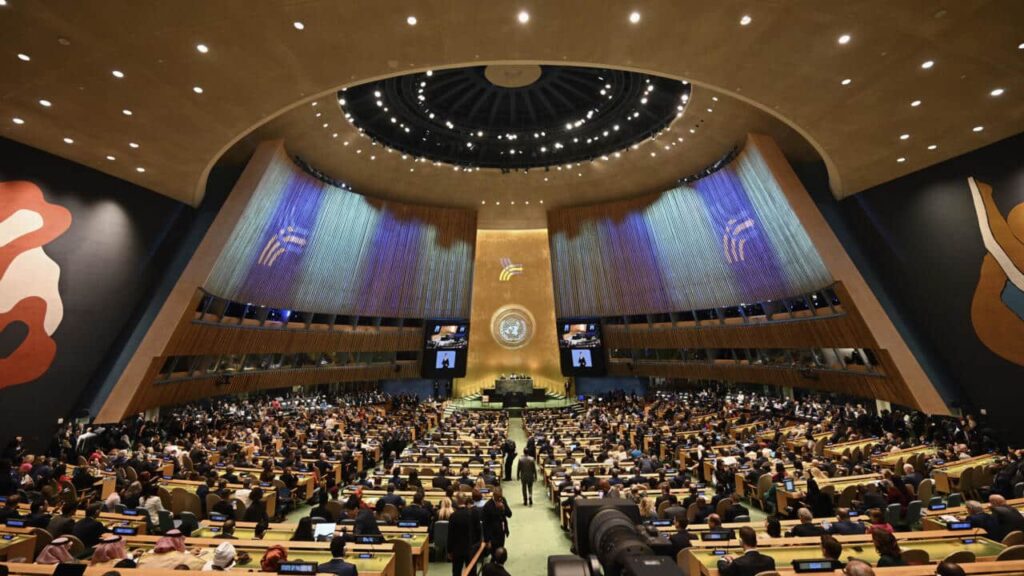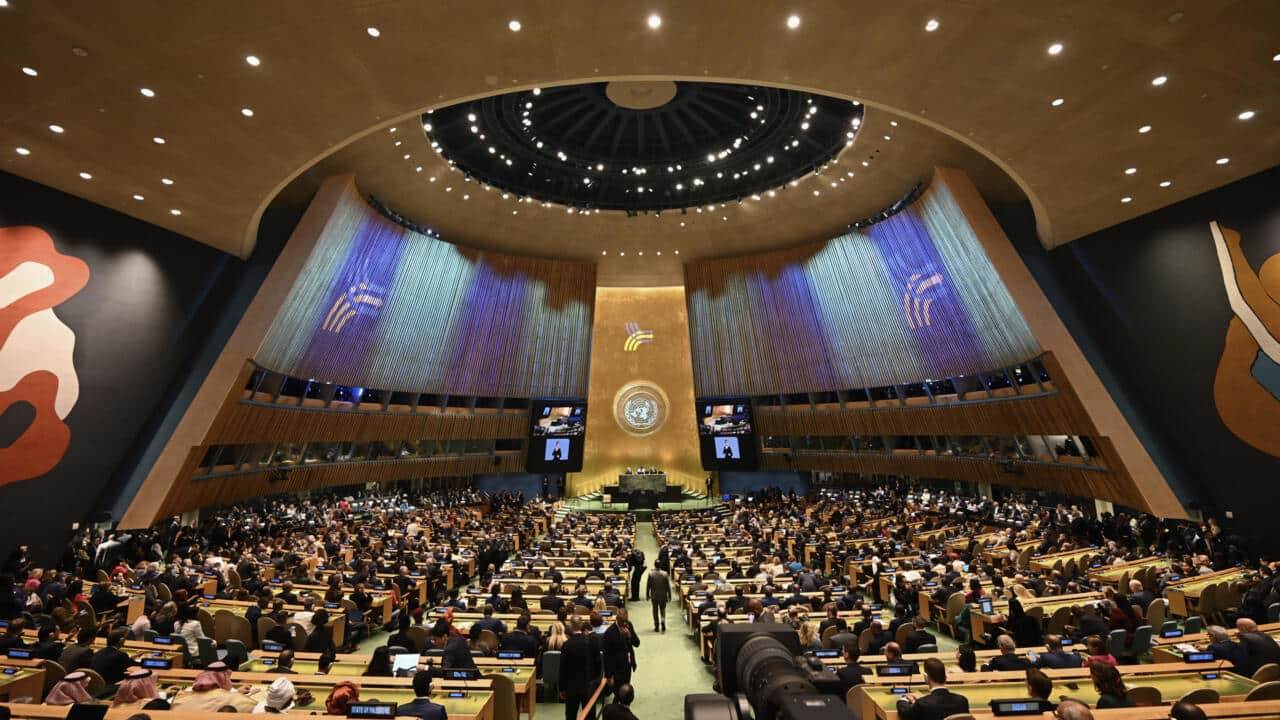In September 2024, during the Summit of the Future held in New York, the United Nations adopted the “Pact for the Future,” an intergovernmental agreement aimed at addressing contemporary and future global challenges. This pact emphasizes the need for collective and coordinated action to tackle issues such as climate change, inequality, and the transformation of global governance.
Private Sector Participation
The “Pact for the Future” acknowledges the fundamental role of the private sector in achieving sustainable development. Companies, with their capacity for innovation and resources, are seen as key players in confronting global challenges. The document urges businesses to protect the planet, contribute to the Sustainable Development Goals (SDGs), and ethically align with human rights and emerging technologies. Reuters

Main Components of the Pact
The pact encompasses a wide range of topics, including:
- Sustainable development and financing for development: Emphasizing the need to mobilize financial resources to support sustainable initiatives and reduce economic inequalities.
- International peace and security: Promoting international cooperation to prevent conflicts and maintain global stability.
- Science, technology, innovation, and digital cooperation: Highlighting the importance of technological innovation and digital cooperation for economic and social progress.
- Youth and future generations: Recognizing the necessity of involving younger generations in decision-making and building a sustainable future.
- Transformation of global governance: Proposing a reform of international institutions to make them more inclusive and representative. Naciones Unidas
Implications for Businesses
For the business sector, the “Pact for the Future” represents a call to action to integrate sustainable practices into their operations. Companies are being urged to:
- Adopt sustainable business models that minimize environmental impact and promote social responsibility.
- Invest in clean technologies and innovations that contribute to climate change mitigation.
- Foster equality and inclusion in the workplace and the communities where they operate.
- Collaborate with governments and international organizations to achieve the SDGs and address global challenges.
International Reactions
The adoption of the “Pact for the Future” has been met with optimism by various international actors. UN Secretary-General António Guterres stated that this pact is a step towards more effective, inclusive, and interconnected multilateralism. However, concerns have also been expressed regarding the effective implementation of the proposed measures and the need for genuine commitment from all countries and sectors involved. United Nations Press
Conclusion
The “Pact for the Future” represents a significant effort by the international community to address global challenges in a coordinated and sustainable manner. Active participation from the private sector will be crucial for the success of this pact, as businesses have the potential to drive positive change through innovation, investment, and the adoption of responsible practices. Effective implementation of the proposed measures will require continuous commitment and close collaboration among governments, businesses, and civil society.
